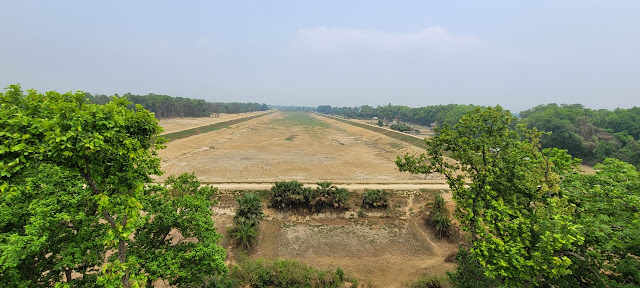Bangladesh in the Generals' Grip
Bangladesh in the Generals' Grip
Promoting democracy, especially in Islamic countries, is supposed to be a major goal of President Bush's foreign policy. But his administration has raised little protest as Bangladesh — until January the world's fifth most populous democracy — has been transformed into its second most populous military dictatorship.
Washington is being dangerously shortsighted. Democracy can be messy, and in Bangladesh it was extraordinarily so. But military rule offers no answers to the grievances that fuel Islamic radicalism, as can be seen from nearby Pakistan (the world's most populous military dictatorship). By stifling authentically popular mainstream parties and their leaders, military regimes often magnify the political influence of religious extremists.
This year's democratic eclipse in Bangladesh did not follow the classic script for a military coup. A civilian caretaker has been nominally in charge since January, after troubled national elections were indefinitely postponed. Meanwhile, the generals consolidated power behind the scenes and began harassing and jailing many of the country's top civilian political leaders.
Last week, Sheik Hasina Wazed — who served as prime minister from 1996 through 2001 — and top leaders of her 14-party alliance were charged with murder in connection with violent pre-election protests. Her longtime rival, Khaleda Zia, who both preceded and followed her in office, is now under virtual house arrest. More than 150 other senior politicians have been detained on corruption charges and the timetable for new elections keeps receding.
This concept of a militarily guided democracy without democrats is familiar in South Asia. Gen. Pervez Musharraf has followed the same script in Pakistan and his countrymen are still waiting, with increasing impatience, for the real democracy he promised them nearly eight years ago.
Both former Bangladeshi prime ministers have much to answer for, including tolerance for corruption and a bitter personal rivalry that kept the country in permanent turmoil. But the answering should be done to Bangladesh's voters and, if called for, to an independent civilian judiciary — not to an unaccountable military dictatorship. And President Bush, if he truly cares about democracy in the Islamic world, needs to say so.
-- The New York Times


Comments
Post a Comment